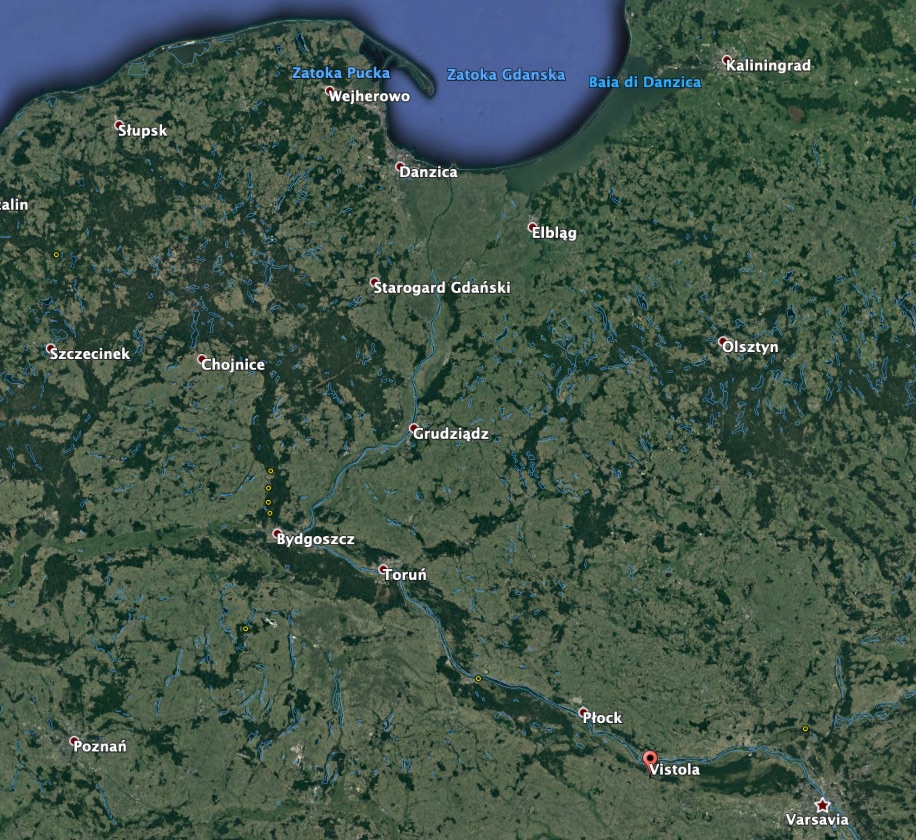WSCS comments on Polish plans to construct a new mainstem dam on Vistula River, Poland
The World Sturgeon Conservation Society raised concerns about a planned dam in the lower reach of the Vistula River some 40 km below an already existing facility. This river is an extremely valuable resource not only for Poland but for the entire Baltic Sea region due to its dimensions and its role for the southern Baltic migratory fish populations. Referring to the information presently accessible to WSCS, the Board of Directors pointed out the anticipated consequences.
While the existing dam constructed in the 1970s has resulted in the extirpation of the endemic salmon and seatrout populations that utilized the Upper Vistula and the San River as main spawning grounds, has largely reduced the Vimba populations and has destroyed the connectivity between the Upper and the Lower Vistula. By 2007 the recovery of the Baltic sturgeon has been initiated resulting in the establishment of an ex situ broodstock, mass releases, and recovery measures to improve the habitat for the species as well as the awareness and compliance of stakeholders. The planned dam and reservoir comprise the only sturgeon spawning habitats in the lower Vistula River which will become unavailable/dysfunctional. Furthermore, with no habitat being available between the two dams the fish must manage to pass the second upstream dam to reach spawning habitat which will prove a challenge even with extremely efficient migration facilities. For downstream migration, the reservoir creates a substantial ecological and behaviour barrier for juveniles of migratory fish species if no sufficient bypass technology is applied. For large downstream migrating fish the dams constitute a deadly trap.
In the light of the massive damage to fish populations as well as to the hydrology of the Lower Vistula that the new dam is predicted to cause, WSCS suggested to revise the current plans in an open consultation process to reach the best sustainable solution prioritizing ecological functions above short term economic interests.





